UK foreign secretary David Lammy has been accused of a diplomatic blunder after he suggested that Azerbaijan had “liberated” the disputed Caucasus territory of Nagorno-Karabakh.
The remark was made by Lammy on Monday in a new blog on the Substack website, where he plans to write more long-form pieces about world affairs and UK foreign policy.
“Azerbaijan has been able to liberate territory it lost in the early 1990s,” he said in the post. The sentence had not been removed or altered by Friday, despite sparking a wave of criticism.
The territory he was apparently referring to was Nagorno-Karabakh, an interpretation that has not been disputed by UK officials.

In September 2023, Azerbaijan launched a short but bloody military operation to seize the tiny mountainous enclave of Nagorno-Karabakh.
In some 24 hours of fighting, the Baku government restored its control over the territory, which had been held by Armenia or local Armenian leaders since the collapse of the Soviet Union, when a devastating war between the two historic enemies left it under Armenian control.
Though Baku seized territory that had been internationally recognised as part of Azerbaijan, the military action forced the entire Armenian population of the enclave — more than 100,000 people — to flee within a few days. Refugees spent days making a gruelling journey down the mountainside from Karabakh, leaving their homes and lives behind.
Many Armenians, who traditionally consider Karabakh a national and spiritual heartland, known to them as Artsakh, accused Baku of ethnically cleansing the region, something Lammy’s comment — and use of the word “liberate” to describe Baku’s military action — failed to reflect.

Britain has urged Azerbaijan and Armenia to engage in negotiations to end their long-standing conflict.
Conservative MP Alicia Kearns, former chair of the House of Commons foreign affairs committee, said on X that Lammy’s comments on a “vanity blog” appeared to be “contradicting long-standing UK policy” in a way that was “totally inappropriate and throws into question the foreign secretary’s judgment”.
The Foreign Office was forced to clarify on Friday that Lammy’s comment did not mark a change in the UK government’s stance on Nagorno-Karabakh.
Nonetheless, the Armenian government is formally seeking further clarification from the UK in the wake of Lammy’s post, an Armenian official told the FT.
US congressman Brad Sherman also weighed in on X, saying the remarks were “a stain on UK foreign policy”, as he accused the UK foreign secretary of having “endorsed ethnic cleansing”.

Laurence Broers, an associate fellow at the international affairs think-tank Chatham House, said: “It’s a real gaffe by the foreign secretary.”
Accusing Lammy of the “simplification and conflation” of developments in various post-Soviet states, Broers said the foreign secretary was “misreading the situation” regarding Azerbaijan, and “reinforcing the talking points of an autocratic regime”.
The EU parliament accused Baku of undertaking ethnic cleansing in the disputed territory last year. Azerbaijan has denied the claim.
Elin Suleymanov, Azeri ambassador to the UK, said: “I don’t understand why there’s so much response to this blog by the foreign secretary, because what [Lammy] said is absolutely true . . . It reflects the longstanding position of the UK government, which has always been supportive of the territorial integrity of Azerbaijan, and Armenia.
“For 30 years the territory of Azerbaijan was occupied by Armenian forces, and in 2020, Azerbaijan did liberate its territory.”
After the ceasefire in the region last September, Lammy urged on X that “Nagorno-Karabakh Armenians must be guaranteed safety and dignity”.
The title of the new Substack account is Lammy’s name rather than his ministerial title, but the blog was written by the foreign secretary in an official — rather than personal — capacity.
However, the Foreign Office refused to confirm if it had been reviewed internally within the department before it was published.
A Foreign, Commonwealth and Development Office spokesperson said: “There has been no change in UK policy. The foreign secretary supports the territorial integrity of both Armenia and Azerbaijan and is encouraged by both sides engaging in meaningful dialogue. The UK will continue to support their commitment to lasting peace in the region.”

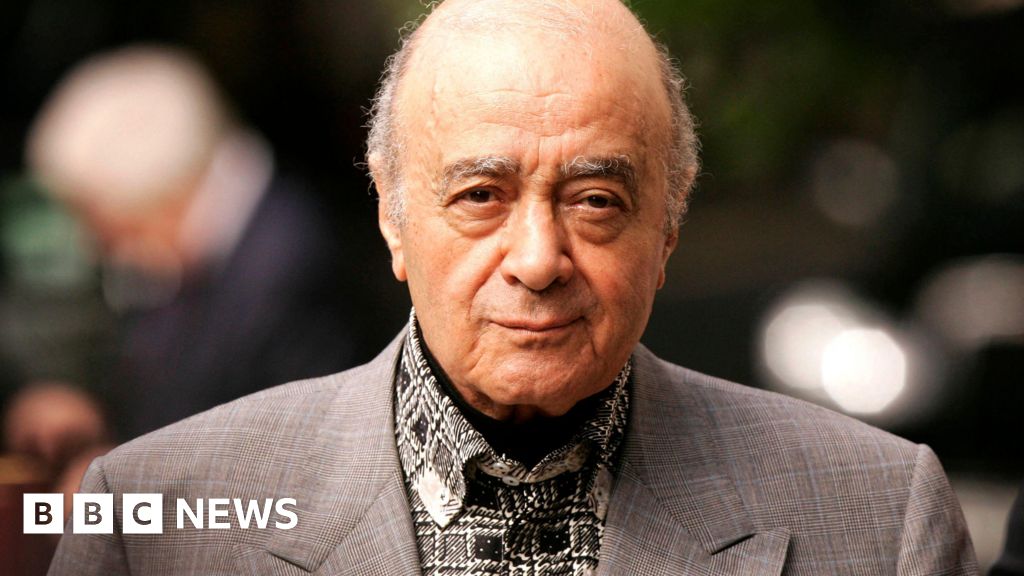

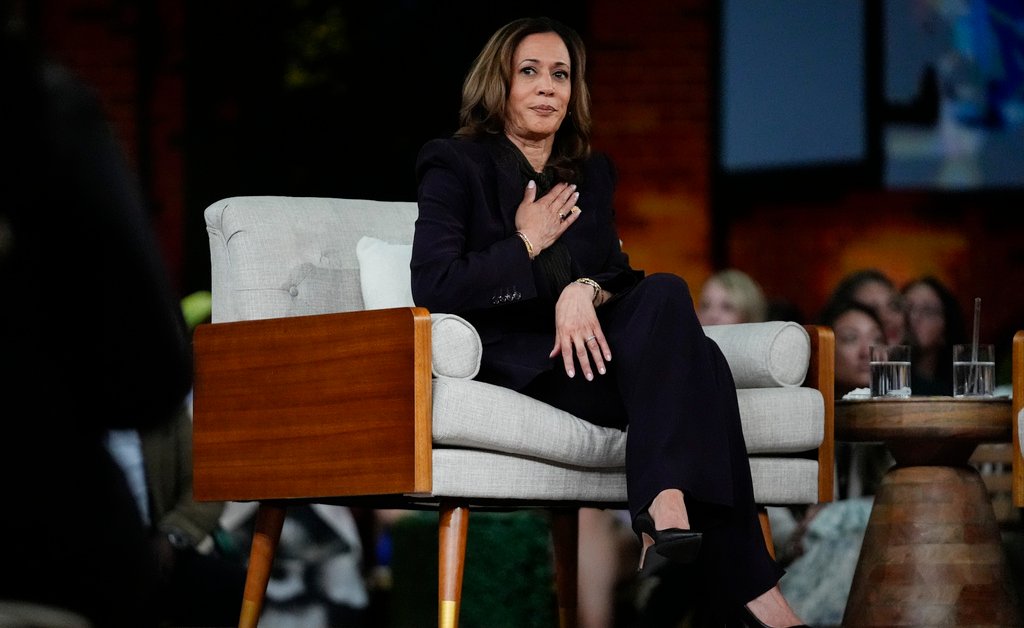



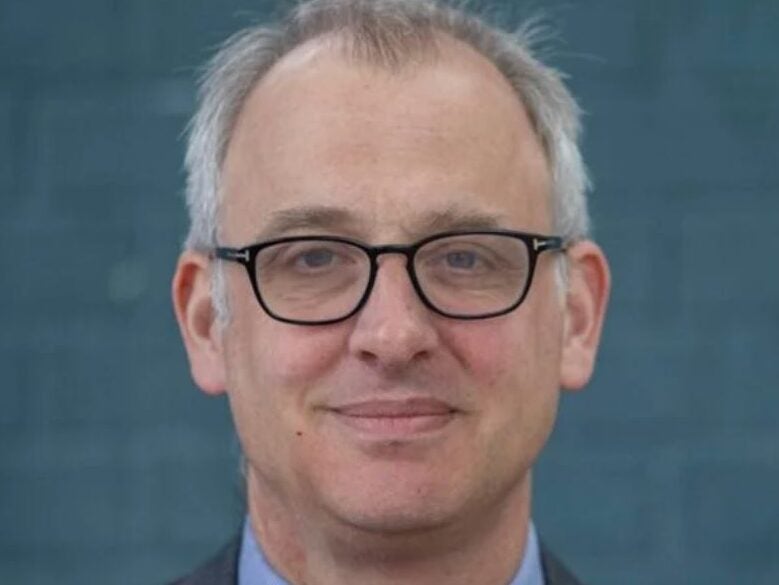


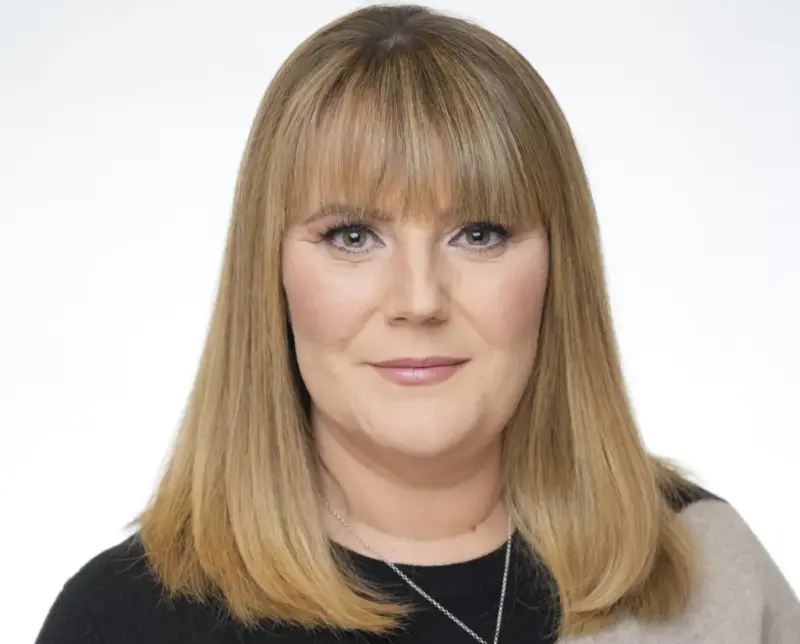
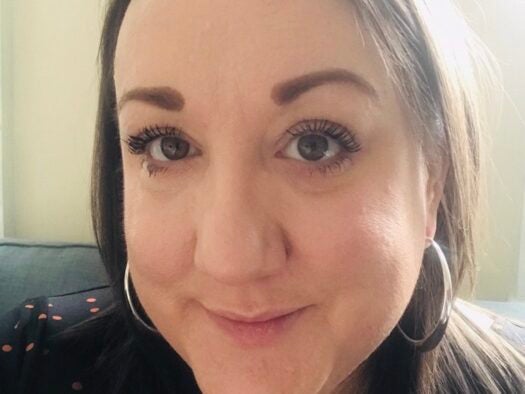
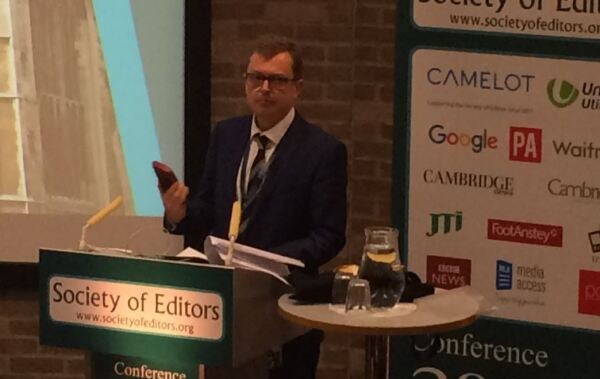
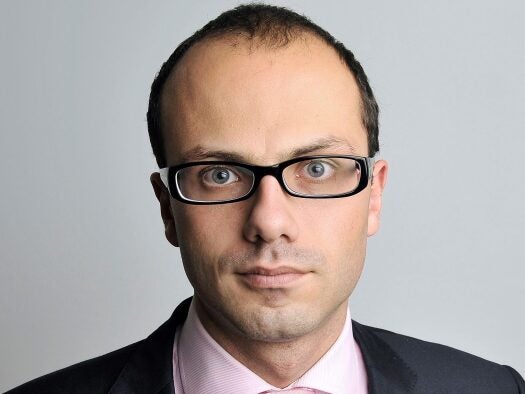

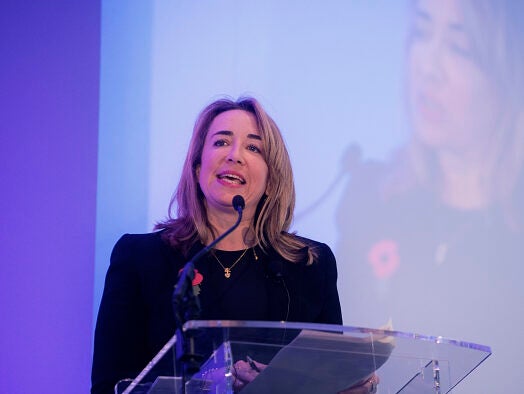

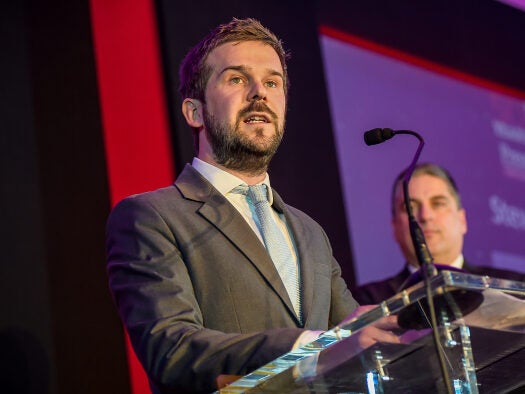



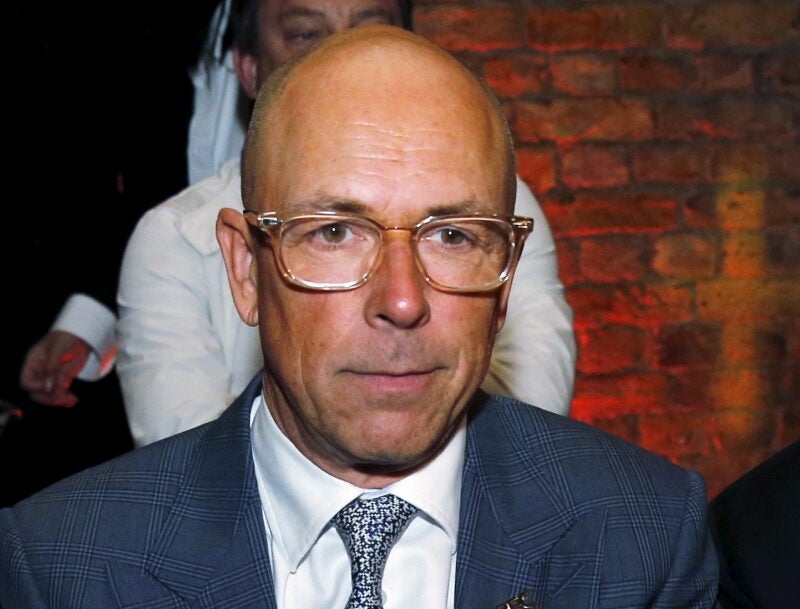









































































































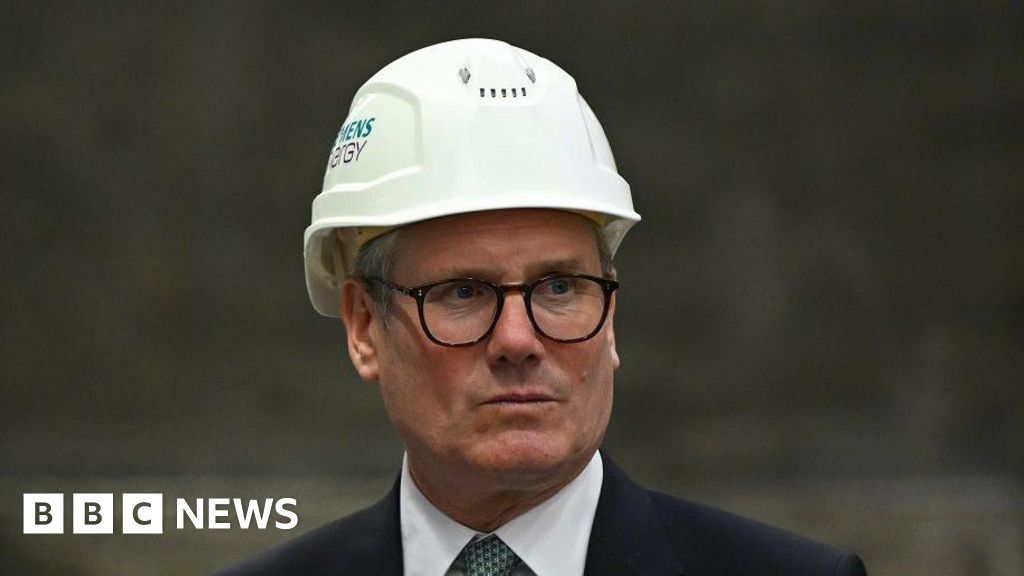














You must be logged in to post a comment Login